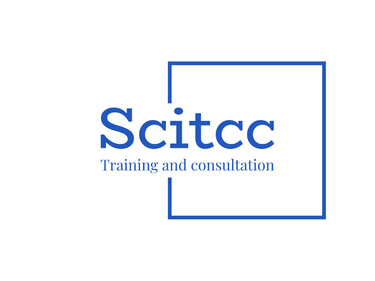
Leadership Styles and Work Dynamics: Strategies for Effective Decision-Making
Leadership Styles and Work Dynamics: Strategies for Effective Decision-Making
$5200.00
Day One: Introduction to Leadership Styles
Definition of leadership and its importance: A study of the concept of leadership in the contemporary context.
Different leadership styles: Autocratic, democratic, transformational, servant.
The impact of leadership style on the work environment: How leadership style affects performance and relationships within the team.
Personal Leadership Style Test: Using tools to identify the dominant leadership style for each participant.
Day Two: Effective Leadership in the Workplace
The essential skills of an effective leader: Such as communication, motivation, guidance, and problem-solving.
Dealing with daily work challenges: How to cope with work pressure and make quick decisions.
Emotional intelligence in leadership: Understanding and managing personal and team emotions.
Day three: Work Dynamics and Their Impact on Decision-Making
The concept of work dynamics: How relationships between individuals and teams affect productivity.
Managing multicultural teams: Understanding the challenges and opportunities of working with culturally diverse teams.
Teamwork analysis: How to build strong and effective teams.
Day Four: Effective Decision-Making Strategies
Decision-making process: Understanding the different stages of decision-making (identification, analysis, implementation).
Types of decisions: Individual decisions, collective decisions, long-term and short-term strategies.
Techniques used to improve decision-making: Such as critical thinking, brainstorming, and SWOT analysis.
Day Five: Practical Applications and Leadership Enhancement Techniques
Case studies: Analyzing some successful and failed leadership cases.
Interaction with participants: A practical exercise focused on facing leadership challenges in real scenarios.
Personal action plan: Each participant prepares a plan to improve their leadership style and decision-making in their work.
Closing of the course:
Comprehensive review: Overview of the key points covered during the course.
Questions and Answers: An opportunity for participants to ask questions and discuss the concepts that have been learned.
Graduation certificates: Certificates will be awarded to participants upon successful completion of the course.


